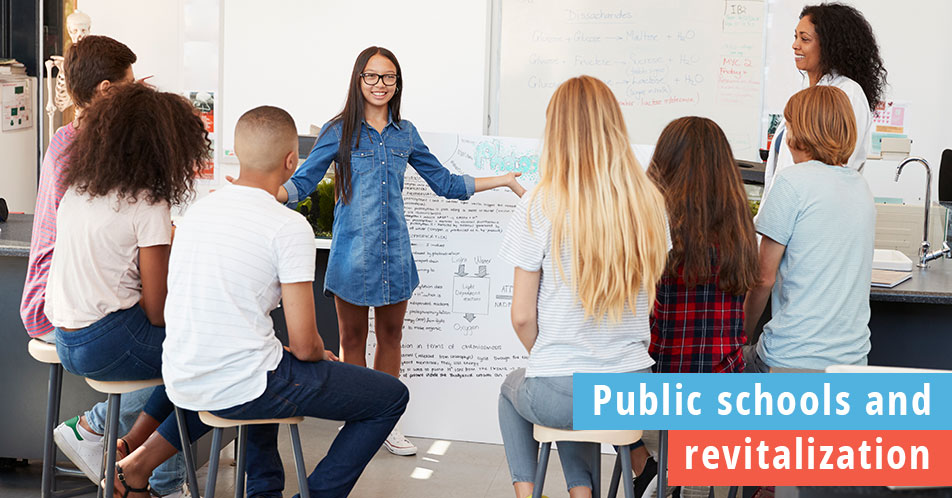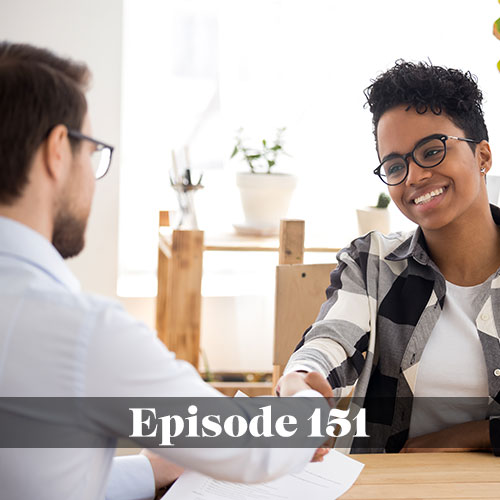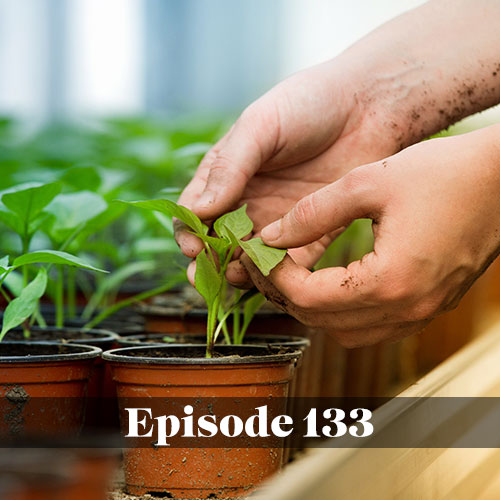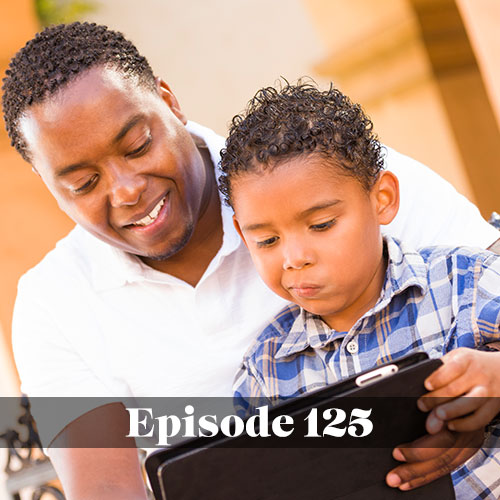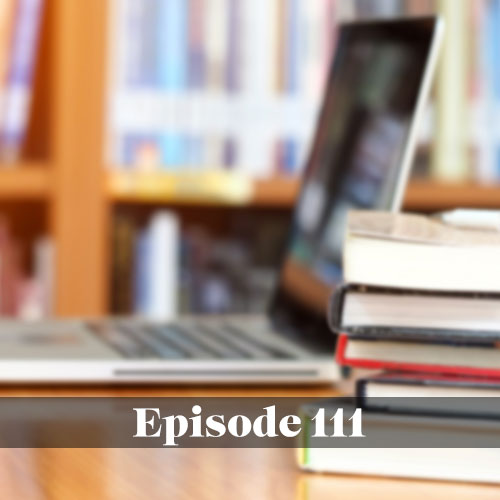Host Joel Gagne is joined by Jennifer Kime, CEO of Downtown Mansfield, a not-for-profit that seeks to revitalize Mansfield, Ohio. Jennifer talks with Joel about the intersection of public schools and revitalization of cities.
“Communities and schools are interrelated,” Jennifer says. “One of the things that nobody does really, really well… is really approach those in a joint way, cohesively.”
Communities and schools are each in their own “worlds,” with their own challenges. They wish the best for each other but often don’t collaborate or provide support for one another, Jennifer says. Her organization purposely set out to engage with local schools, hoping to understand their decisions and how they affect the community at large. Public schools and revitalization of a community go hand in hand.
Downtown Mansfield’s efforts have been especially successful in the realm of entrepreneurship. The not-for-profit is renovating a building in the city’s downtown, creating space for student-run shops and gallery spaces. The organization also provides space for students for performing arts.
“They actually work in our building a few times a month, they do volunteer work for us and they help us engage with our business community,” Jennifer says. “And then they can also use our building for community performances. So the students are getting real-life experience.”
On the whole, Downtown Mansfield and the schools are making the city into more of an arts destination.
Joel asks Jennifer how other schools and communities can replicate the model.
“First, both parties need to really understand the connection to the two and the fact that both have a joint mission,” she says. “It’s easy to say, but in practical reality, when you really think about the relationship, it really isn’t happening.”
Schools can start by allowing community groups to engage with students. Downtown Mansfield had to work with schools to allow outside organizations to provide information to students.
Now students are able to try out a local yoga studio during gym class.
“It provides a link,” she says. “And now (as a student) I know where I can go and do that, it’s right downtown.”
Schools can also offer tours of local businesses to help strengthen ties with their communities.
“That real-life connection, I think, makes a really big difference,” Jennifer says.
Field trips are expensive, but schools can pull it off by partnering with organizations that have grant funding.
“Think bigger than just the first natural thing,” Jennifer says.
Joel asks Jennifer what she would change in public education, if she could choose one thing.
“I think we need to raise the expectations of the students,” she says. “I just see older and older kids held to lower and lower standards. I think we really do a disservice to everybody when we really lower those expectations.”
Closing out the episode, Jennifer recommends the book Blink by Malcolm Gladwell.
Got a question or topic you’d like covered in an upcoming We Love Schools podcast? Email us at info@weloveschoolspodcast.com
First time listening to We Love Schools? Learn more about our weekly podcast.
Interested in learning more about how the Allerton Hill Communications team can help your school with communications? Contact us today.


